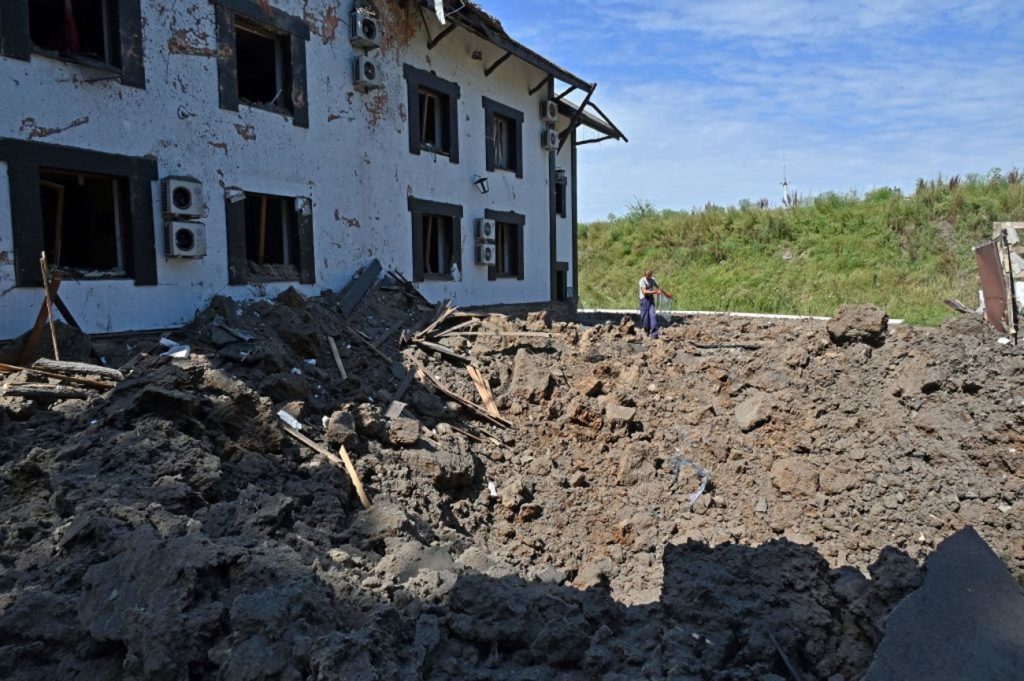Spain embarks on an energy-saving plan in the face of Russia’s “threats” to cut gas supplies
Spain set a maximum air-conditioning temperature of 27 Celsius (80.6 Fahrenheit) in stores and in several closed public environments from Wednesday, when an energy-saving law went into effect in the face of Russia’s “threats” to cut off the supply of natural materials. gas to Western Europe.
According to the official bulletin of the Spanish state issued on 2 August, which published the law to save energy.
The energy-saving plan aims to reduce demand for gas and oil in Spain by 5% in the short term, and expand the use of green energy sources, according to a government statement on August 1.
The European Union said in a statement on July 26 that EU member states, including Spain, had agreed to a “voluntary 15 percent reduction in demand for natural gas this winter.”
A law passed by Spain’s Socialist government earlier this month stipulates that the maximum temperature for air conditioners will be 27 degrees Celsius in shops, convenience stores, hotel lobbies, cinemas, theaters, airports, train stations and government buildings.
The National Weather Service said the new law is coming into effect as high temperatures in many parts of the country are expected to hover around 35 degrees Celsius (95 Fahrenheit) this week, following Spain’s hottest July in more than 60 years.
Shops are also required to turn off window lighting at 10pm, at which time government buildings are also required to turn off decorative exterior lighting.
Spanish media reported that the country’s largest supermarket chain switched off the lights in its store windows at 10 p.m. on Tuesday, before the law went into effect.
The Madrid regional government, led by the main conservative party, denounced the regulations as “arbitrary and authoritarian” and unconstitutional.
He complained that the Socialist government law would make Madrid the only European capital to turn off the lights in its shop windows at 10 p.m.
The Minister for Environmental Transformation, Teresa Ribera, said the new law also requires that shops with access to the street have doors that can be closed easily, even automatically, so that they do not remain open and waste energy when using air conditioning or heating, and added that they will have to meet it before 30 September.
A representative of small business owners in Madrid told Spanish radio SER that the order would be expensive for its segment, with an estimated cost of 12,000 euros ($12,290) per store.
The new law will limit winter heating temperatures to a maximum of 19 degrees Celsius (66.2 degrees Fahrenheit) in the same public places where air conditioning standards of 27 degrees Celsius are applied in summer. According to the government, the law will be in effect until October 1, 2023.








More Stories
Nicaragua picks up and delivers to El Salvador four subjects circulated by Interpol
UN experts have warned of serious human rights violations in the context of the presidential elections scheduled for July 28 in Venezuela.
The Organization of American States deploys observers for the US elections